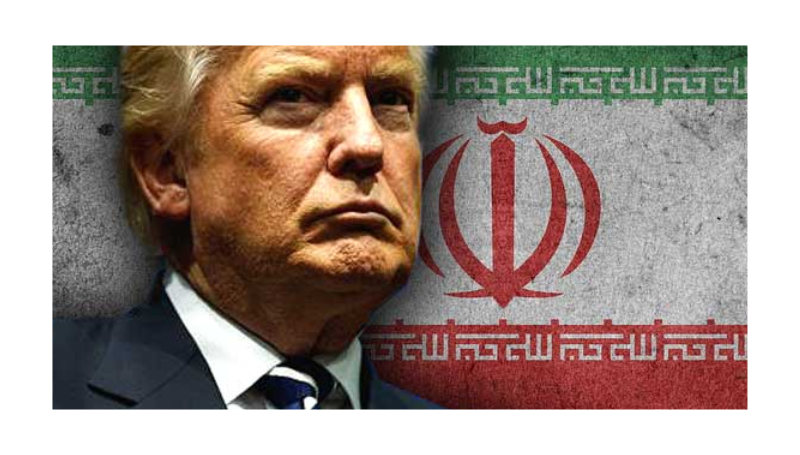Park MacDougald and Adam Lehrer
The Scroll, Jan. 24, 2025
“Iran will hopefully make a deal, and if they don’t make a deal, that’s okay too,” combined with Trump’s expressed wish that Israel not have to resort to a strike (i.e., leaving the option open), is at the very least preferable to the Obama-Biden version of Iran diplomacy, which prioritized a deal at any cost and ruled out confrontation—presented as the inevitable prelude to “all-out war”—in advance.”
The Big Story
As we near the end of Donald Trump’s first week back in office, we are no closer to clarity about the shape of the president’s Middle East policy than we were when we started. Indeed, we may be further away.
Trump has dashed hopes that he would immediately return to his first-term campaign of “maximum pressure” against Iran. Not only that, but also he’s publicly fired one of the architects of that campaign, former Iran envoy and State Department transition chief Brian Hook, bounced him out of a political appointment at the Wilson Center, and stripped him of his security detail—a fate shared by two other Iran hawks from Trump 45, former Secretary of State Mike Pompeo and former National Security Advisor John Bolton, who, like Hook, face credible threats against their lives from Tehran.
Plus, in comments on Thursday, the president indicated a desire to do a “deal” with Iran. Sort of. Maybe. Asked by reporters if he would support an Israeli strike against Iran’s nuclear facilities, Trump first said, “I’m not going to answer that,” then added, “It would really be nice if that could be worked out without having to go that further step. Iran will hopefully make a deal, and if they don’t make a deal, that’s okay too.”
The Financial Times had reported earlier in the day that Trump’s Middle East envoy Steve Witkoff, who followed up his performance in closing the cease-fire deal with a series of bizarre comments this week, including that Qatar (an Iranian ally) could be invited into the Abraham Accords (an anti-Iranian alliance system), would be placed in charge of efforts to “see whether a diplomatic accommodation [with Iran] is possible.” ….SOURCE


